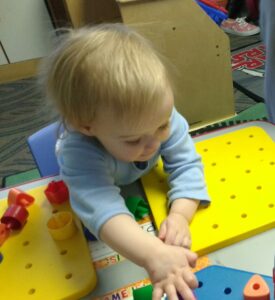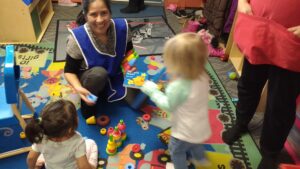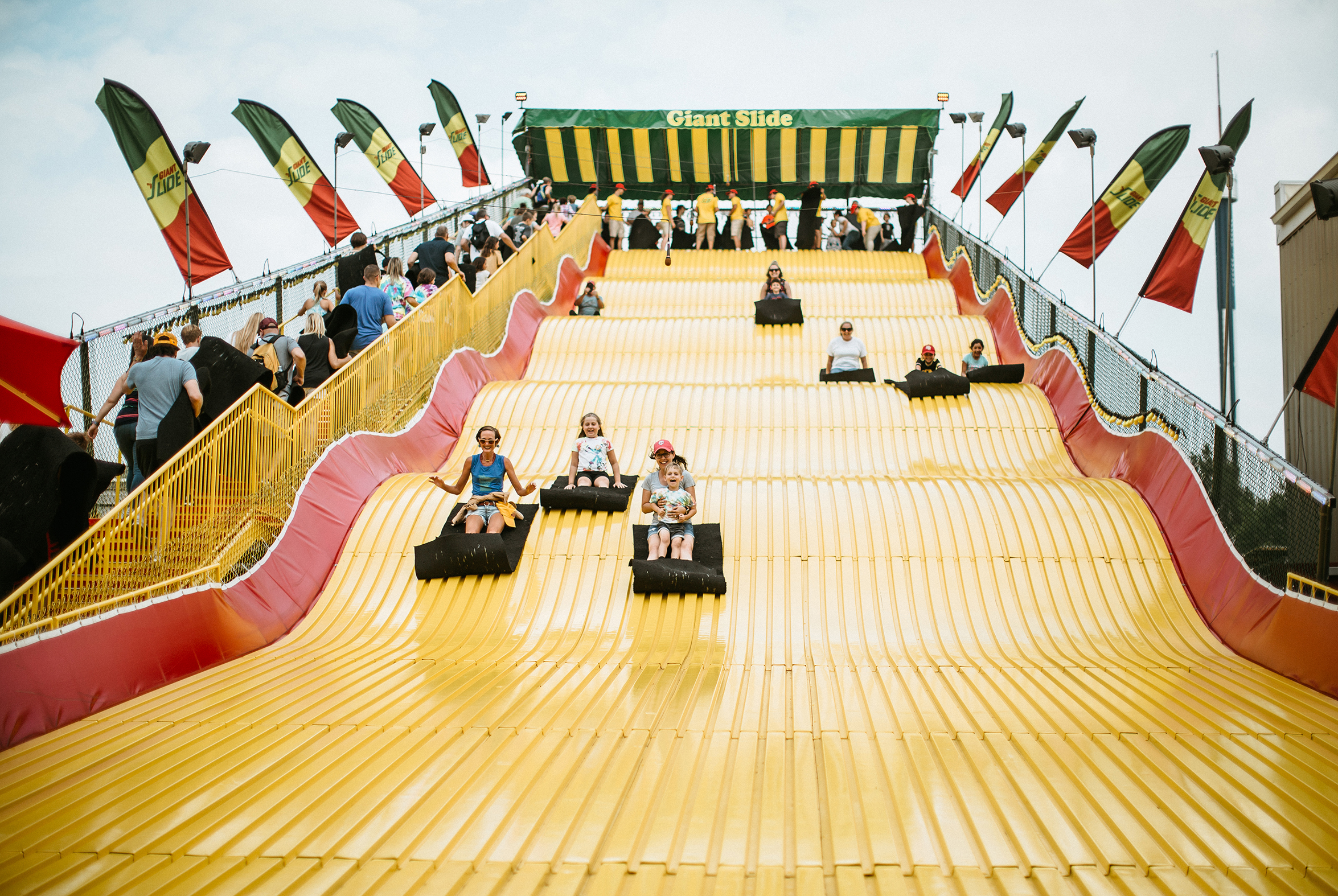By: Marie Huey, Public Policy and Advocacy CoordinatorEarly Education Spotlight is an ongoing series that showcases great work happening in child care and preschool settings across Minnesota. From innovative early learning programs to parent perspectives on what works, check out the Early Education Spotlight for unique examples of Minnesota’s early learning successes.
This statement from Maria “Elisa” Vega could easily be the motto of her bilingual program. Her licensed family child care, Little World of Angels, is full of children learning through conversation and play. Kids in her program come from a mix of English-speaking and Spanish-speaking families. When they come to Elisa, they sing, read stories, and interact with each other in both English and Spanish.Skilled adults guide the learners at Little World of Angels. Elisa has been in the child care business for about 17 years. She participated in Parent Aware when it was a pilot program, and she has maintained a 4 Star rating, the highest available. Elisa also employs two part-time assistants, Paulina and Lala. All three of them are native Spanish speakers. They all also recently participated in the LENA Start program at Think Small.The 13-week class provided Elisa, Paulina, and Lala with information about how talking with their youngest learners—those under 36 months—helps the children learn and succeed. The teachers approached the LENA Start program enthusiastically. They set a goal that by the end of the class, two-year-old Aileen would talk. By intentionally increasing how much they talked to and with her, they were able to meet their goal! Aileen talks more now, and she is eager to participate in group activities.Education has always been a priority for Elisa. She uses a curriculum and prepares children for school by teaching letters, numbers, colors, and other basic concepts in both Spanish and English. However, the focus on talking and conversation taught her new information and shapes the way she teaches now. The LENA Start program especially encourages conversational turns—when the adult responds to a child or when a child responds to an adult. She notices that all children in her program are talking more now. In addition, they are interacting better with each other. The social benefits were a pleasant surprise and another motivator to continue intentionally talking more with the children.Elisa’s high-quality program also includes family nights and occasional field trips to the zoo or a museum. She continues to seek out more opportunities to learn—she and Paulina are participating in the Infant and Toddler Credential, which focuses specifically on how to support those ages.“If we don’t talk to them, they aren’t going to learn.”











